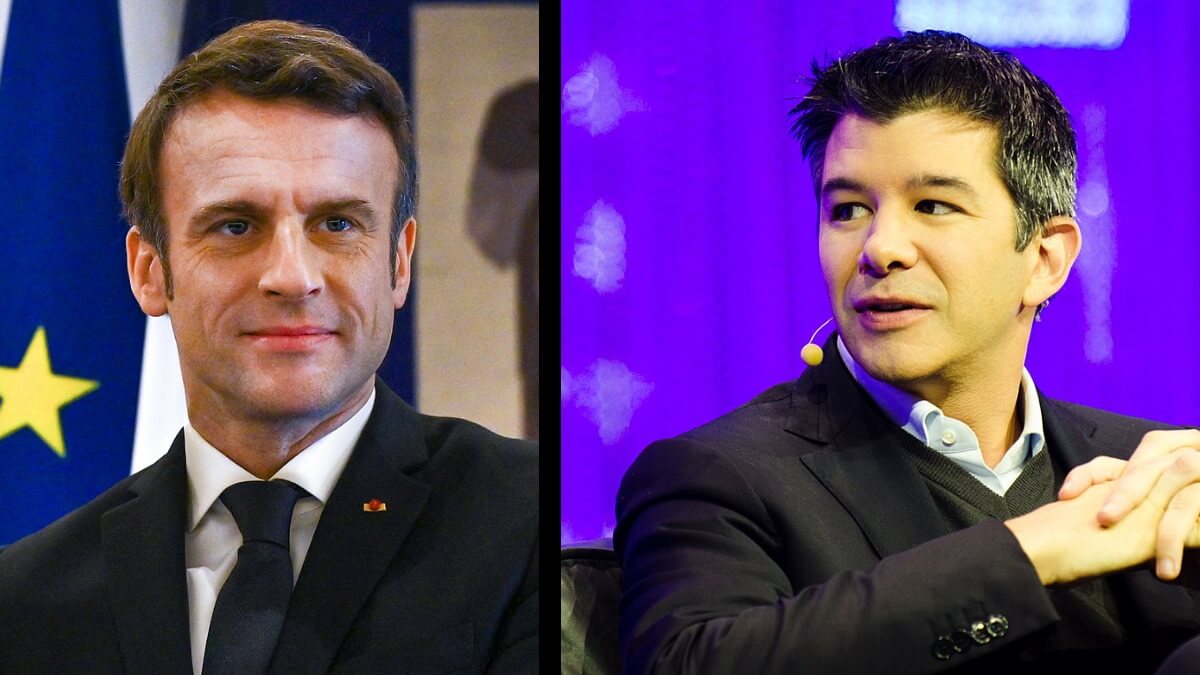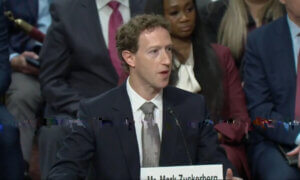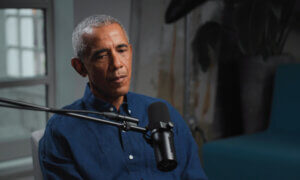In what is shaping up to become Drivergate, a Watergate-type scandal for the ride-sharing giant, the Uber Files reveal a lot of troubling practices and relationships with government officials.
Originally shared with The Guardian and the International Consortium of Investigative Journalists, the Uber Files reveal just some of the illegal and dangerous practices Uber engaged in between 2013 and 2017 – including how Emmanuel Macron, in his capacity as Minister of Economy, rewrote laws in Uber’s favor.
Joseph Gordon-Levitt to Star In Show About Uber
According to the documents obtained by journalists, which include more than 80,000 emails and 1,000 files and conversations, the French President Emmanuel Macron was Uber’s biggest champion in the government and on a first-name basis with Travis Kalanick, Uber’s former CEO (both pictured above).
Kalanick existend the company in 2017 after a series of scandals which accused Uber of having an unethical corporate culture that covered reports of sexual harassment.
As for his relationship with Emmanuel Macron, the Uber files reveal that the now French president was the company’s biggest ally, even though French taxi drivers were staging violent protests against the company.
Almost Half of Uber and Lyft Drivers Quit Due to High Fuel Prices Brought by War in Ukraine
Macron, acting as France’s Minister of Economy, first met Uber lobbyists in October 2014, after Uber launched in Paris amid criticism from taxi drivers.
Mark MacGann, one of those lobbyists, was extremely fond of Macron, describing the meeting as “spectacular. Like I’ve never seen,” and saying that Uber has ”lots of work to come, but we’ll dance soon.”
According to the Uber files as reported by TechCrunch, what was to follow were at least four meetings between Macron and Kalanic and an Uber letter to Macron that said “The openness and welcome we receive is unusual in government-industry relations.”
While these are not damning revelations in themselves, the history of Uber in France is a string of very precarious situations.
Uber launched Uberpop, a way for unlicensed drivers to offer cheaper rides, and, even though the government banned it initially, Uber kept the service going as it tried to challenge that law.
During that process, former Uber chief Travis Kalanick sent an email to Macron saying that:
“Uber will provide an outline for a regulatory framework for ridesharing. We will connect our respective teams to start working on a feasible proposal that could become the formal framework in France.”
Then, when taxi driver protests in France turned violent in June 2015, Macron texted Kalanick and told him that he would “gather everybody next week to prepare the reform and correct the law.”
This made Uber stop UberPop in France that very day and, later in the year, Macron signed a decree that relaxed requirements for Uber drivers.
As for how Uber viewed the protests, some of the Uber Files reveal that some Uber executives tried to warn the CEO about how sending Uber drivers at a taxi driver protest in France might result in violence.
“I think it’s worth it,” responded Kalanick in the leaked messages, adding that “violence guarantees success.”
Now, a spokesperson for Kalanick, who has no further involvement in Uber, issued a statement saying that the former CEO never suggested that Uber should take advantage of violence at the expense of driver safety…Any accusation that Mr. Kalanick directed, engaged in, or was involved in any of these activities is completely false.”
The same statement accused the ICIJ (the International Consortium of Investigative Journalists) of pressing a false agenda and refusing requests to review any of the documents leaked in the Uber Files scandal, which “further exacerbates concerns about many of the source documents’ authenticity.”
The statement goes on to explain that, as Uber was a pioneer of the ride-sharing industry in 2009, the company had to fight against “entrenched industry interests all over the world”, which would presumably explain the tactics Uber used.
As for Macron, in an email to the BBC, a spokesperson for the president explained his discussions with Kalanick: “His functions naturally led him to meet and interact with many companies engaged in the sharp shift which came out during those years in the service sector, which had to be facilitated by unlocking administrative and regulatory hurdles.”
However, the Uber files contain plenty more eyebrow-raising information.
On the topic of how government officials interacted with the company, the files reveal how Neelie Kroes, an ex-EU digital commissioner and one of Brussels’ top officials, was in talks about taking a position as an Uber employee before her term ended.
In a statement issued by Uber, who is now led by president Dara Khosrowshahi, the company said that 90% of its current employees joined ranks during the new CEO’s mandate and has rewrote the company’s values, among other actions meant to change the company.
“We have not and will not make excuses for past behaviour that is clearly not in line with our present values. Instead, we ask the public to judge us by what we’ve done over the last five years and what we will do in the years to come.”
You can read the full revelations on the Uber Files on The Guardian’s hub, which shows how the ride-sharing company lobbied to disrupt the transportation industry.
*Credits: Photo of Travis Kalanick via Heisenberg Media, photo of Emmanuel Macron via Kobi Gideon / Government Press Office (Israel)
Follow TechTheLead on Google News to get the news first.























